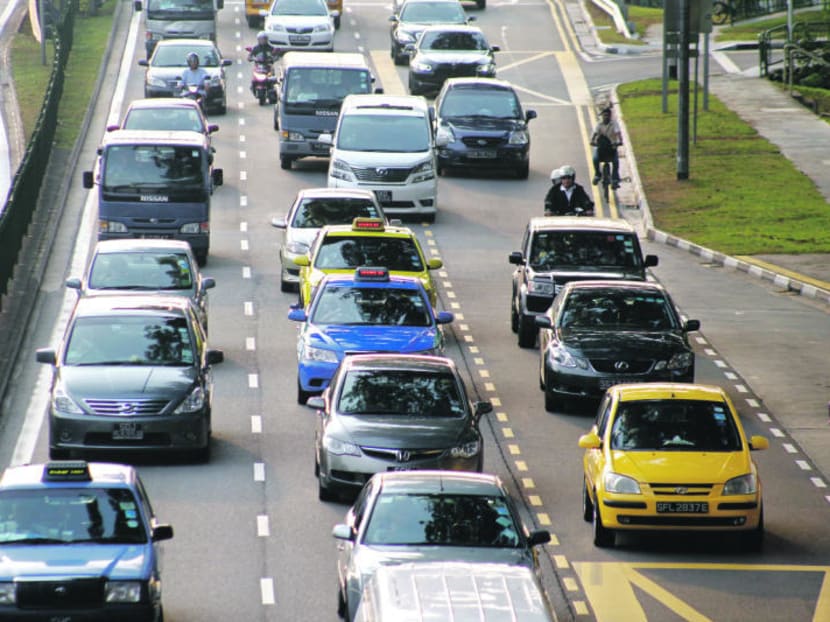Safer roads ‘more about improving behaviour than enforcement’
SINGAPORE — A culture of “self-discipline, care and empathy” among road users here is needed, if Singapore is to improve road safety.
SINGAPORE — A culture of “self-discipline, care and empathy” among road users here is needed, if Singapore is to improve road safety.
Speaking at a dialogue session organised by the Traffic Police today (April 7) as it launched a new campaign on road safety, Commander of Traffic Police, Assistant Commissioner Sam Tee said Singapore has one of the safest road networks in the region, but road users here must do more cultivate good road behaviour.
“Road safety is not just about enforcement. We need to build a culture of self-discipline, care and empathy on our roads,” he said. Society has become more diverse, while technological advancements has also meant more distractions on the road, he noted. “And for some strange reasons, we are always in a big hurry,” he added.
Through the new two-year Use Your RoadSense movement, Traffic Police hopes to engage road users in creating a safer road culture — a goal that is more likely to be realised if road users start looking out for each other, noted experts who were invited to speak at the session.
Clinical psychologist Kevin Menon, who was one of the speakers, said the biggest problem is that road users are more concerned about their own needs. “They look at what is most convenient. Their priority is speed and efficiency. They don’t look at road safety...drivers don’t give way. Everyone who uses the road feel that they are entitled (to it),” he said. But he felt a regimental approach, such as fines, may not be successful in encouraging good road behaviour. “(Fines are) something they don’t have any say in, so they (would) feel unhappy about it,” he said. Instead, people must understand the purpose and feel a sense of ownership in the cause.
Assistant Commissioner Tee said the authorities hoped to “start the conversation” with various road users. “Our population now is more educated, matured, (they) clearly want to be more involved in decisions and policies that affect them,” he said.
Last year, there were 278,545 accidents last year with 42 related fatalities, up from 261,540 in 2013 with 39 fatalities. There was also a 6.5 per cent increase in speeding violations, a major cause of fatal and injury accidents. Meanwhile, a survey of 1,200 respondents conducted by research agency Hall & Partners to gauge road safety awareness and attitudes found that pedestrians aged between 17 and 55 were most likely to compromise road safety, with 80 per cent of the respondents admitting to jaywalking.
Mr Sing Mong Kee, president of the Intelligent Transportation Society of Singapore, felt technology could be help bring about safer roads, such as if cars were installed with sensors and GPS to detecting obstacles.
However, Mr Kevin Menon felt this would lead to people becoming too dependent on technology, instead of policing their behaviour.
During the discussion, the question of whether an age restriction on driving should be imposed was also raised. In response, Assistant Commissioner Tee, noting there is already an age limit for vocational driving licences, said he personally felt a limit could be imposed.
“As we grow older, our senses are poorer, we can’t see as far, we can’t hear as well, our reflexes are slower ... We are seeing a bit more on traffic accidents and fatalities involving older motorists. The question I have in mind then, is when is the tipping point,” he said.







